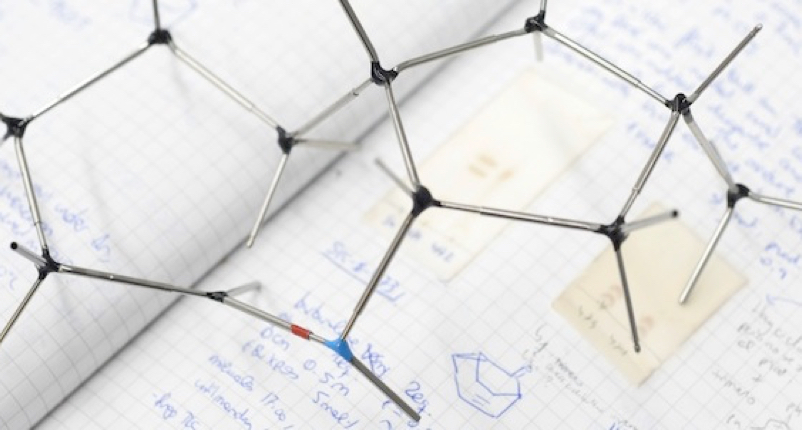Performance descriptors of nanostructured metal catalysts for acetylene hydrochlorination
Controlling the precise atomic architecture of supported metals is central to optimizing their catalytic performance, as recently exemplified for nanostructured platinum and ruthenium systems in acetylene hydrochlorination, a key process for vinyl chloride production. This opens the possibility of building on historically established activity correlations. In this study, we derived quantitative activity, selectivity and stability descriptors that account for the metal-dependent speciation and host effects observed in acetylene hydrochlorination. To achieve this, we generated a platform of Au, Pt, Ru, Ir, Rh and Pd single atoms and nanoparticles supported on different types of carbon and assessed their evolution during synthesis and under the relevant reaction conditions. Combining kinetic, transient and chemisorption analyses with modelling, we identified the acetylene adsorption energy as a speciation-sensitive activity descriptor, further determining catalyst selectivity with respect to coke formation. The stability of the different nanostructures is governed by the interplay between single atom–support interactions and chlorine affinity, promoting metal redispersion or agglomeration, respectively.

Kaiser, S. K.; Fako, E.; Surin, I.; Krumeich, F.; Kondratenko, V. A.; Kondratenko, E. V.; Clark, A. H.; López, N.; Pérez-Ramírez, J.
Nat. Nanotechnol. 2022
DOI:
10.1038/s41565-022-01105-4

Let's create a brighter future
Join our team to work with renowned researchers, tackle groundbreaking
projects and contribute to meaningful scientific advancements




















